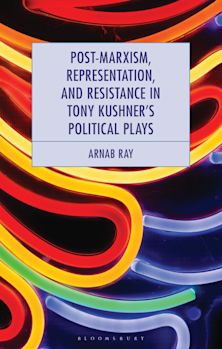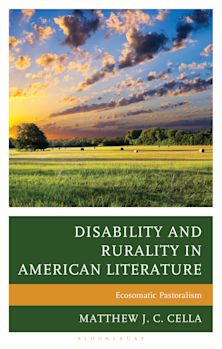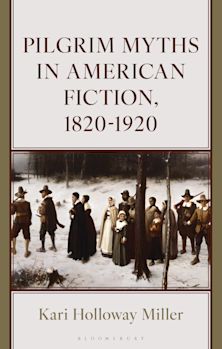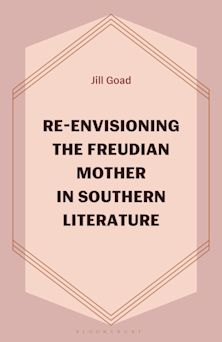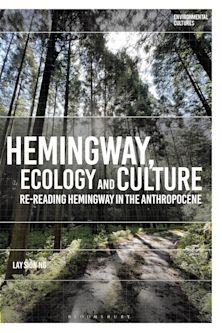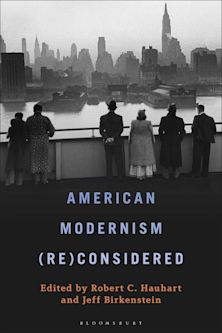- Home
- ACADEMIC
- Literary Studies
- North American and Caribbean Literature
- An Investigation of the Seventeenth- to Nineteenth-Century Puritan Vernacular Tradition
An Investigation of the Seventeenth- to Nineteenth-Century Puritan Vernacular Tradition
To Please God or to Not Please God
An Investigation of the Seventeenth- to Nineteenth-Century Puritan Vernacular Tradition
To Please God or to Not Please God
You must sign in to add this item to your wishlist. Please sign in or create an account
Description
An Investigation of the 16th-18th Century Puritan Vernacular Tradition argues that Puritan writers, specifically from the 17th to the 19th century, developed a collective vernacular which was intended to—in the words of John Milton—"justify the ways of God to man." However, their phrases (much like the Puritans themselves) never achieved a sufficient level of uniformity. As a result, their verbiage, though quite often similar, the manner in which it is used frequently differs. Puritan authors' routine suggestion that certain circumstances "pleased God" began as an attempt with which to interpret God's involvement in their day-to-day lives. However, as time passed, these interpretations became further removed from the Scripture and ultimately functioned as a way for writers to indict God when things badly or to praise him only when he showed them favor.
Table of Contents
Chapter 1: The Puritan Vernacular as a Means of Establishing Permanency in the New World
Chapter 2: “It Pleased God”: The Old English Puritan Vernacular Tradition As A Response To New England
Chapter 3: Benjamin Franklin: Philadelphian, Philanthropist, Philanderer . . . Philistine?
Chapter 4: The Puritan Frame of Mind
Product details
| Published | Jul 15 2020 |
|---|---|
| Format | Ebook (PDF) |
| Edition | 1st |
| Extent | 200 |
| ISBN | 9798216234715 |
| Imprint | Lexington Books |
| Illustrations | 6 BW Illustrations, 4 Tables |
| Publisher | Bloomsbury Publishing |
About the contributors

ONLINE RESOURCES
Bloomsbury Collections
This book is available on Bloomsbury Collections where your library has access.













